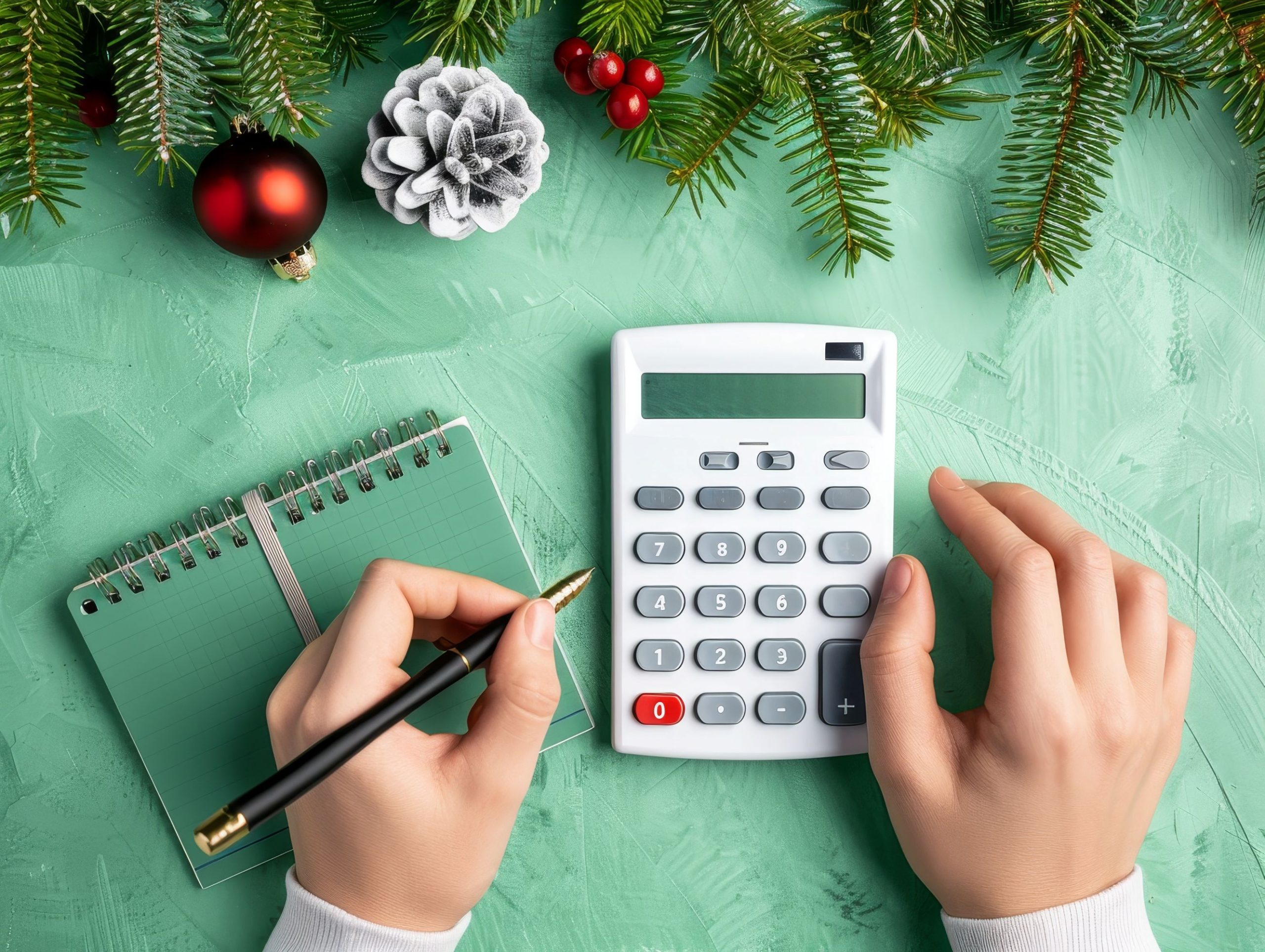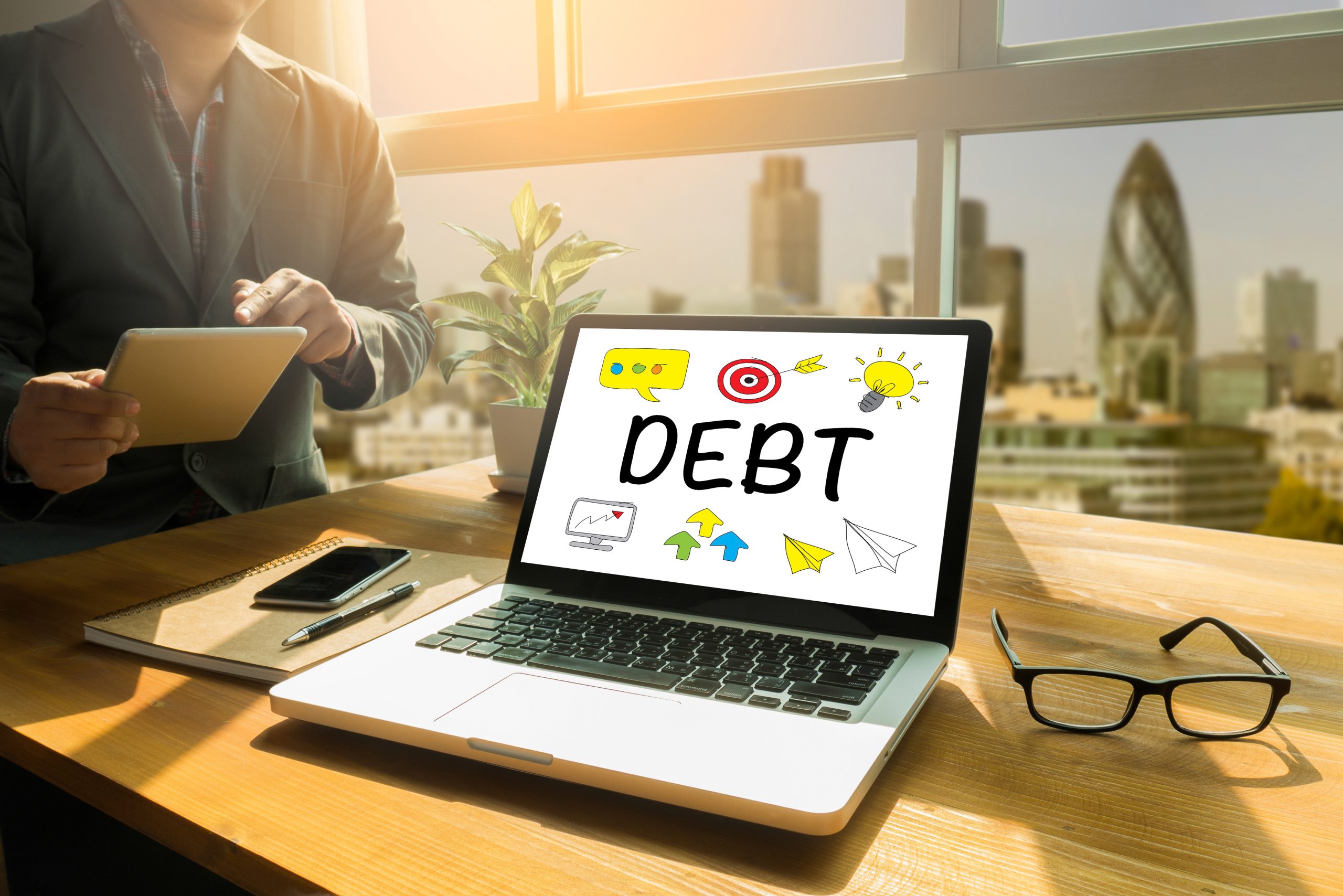Halfway to Christmas: 6 Smart Ways to Start Saving Now
It might feel like the year just started, but believe it or not, we’re officially halfway to Christmas.
If the holidays tend to sneak up on your wallet, now’s the perfect time to get ahead. Whether you’re celebrating with family, traveling, or just trying to avoid putting gifts on a credit card, here are six smart ways to start saving now and reduce stress later.

1. Set a Holiday Budget Now
Estimate what you’ll realistically want to spend in December – gifts, food, travel, decorations, and events. Divide that number by how many weeks are left until the holidays – that’s your weekly savings goal.
Example: Want to spend $900 for the holidays? Saving $38 a week from July through December gets you there without touching a credit card.
2. Open a “Holiday Savings” Account
Out of sight, out of mind. Set up an automatic transfer each week into a separate savings account dedicated solely to holiday expenses. Even small weekly deposits add up over time.
3. Cut One Expense for 90 Days
Pick a non-essential expense to cut back on just until October – like takeout, subscriptions, or impulse buys. Channel that money into your holiday savings.
Spending $20 a week on coffee runs? Brewing at home could save you over $200 by fall.
4. Start Earning on the Side
Got a skill, hobby, or weekend availability? A few months of side income – whether it’s freelance work, pet sitting, or selling items online – can cover your holiday costs completely.
5. Shop Early, Shop Smart
Spreading out your purchases now can help you avoid panic shopping and overspending later. Take advantage of summer clearance sales, back-to-school deals, and online coupons.
6. Talk About Holiday Expectations
Have honest conversations with family or friends early. Suggest budget-friendly gift exchanges, group contributions for experiences, or even homemade gifts to keep things meaningful – not expensive.

Why This Matters
Every year, millions of people go into debt over the holidays. But with a little planning – and a few simple changes – you can make this season joyful without it becoming a financial burden.
Need help getting your finances in order before the holidays?
We’re here to help. We can help connect you with a debt expert to review your current situation and help point you in the right direction.

Ready to Talk About Your Options?
If you’re stuck on what to do about your debts and wondering if debt settlement is a good move, why not talk it over with someone who knows a lot about it? Schedule a free consultation today with one of our agents at Help With Debt. We’re here to help you figure out the best way to handle your debts and get back on track.
Let’s Find the Best Way to Handle Your Debts Together
Don’t let debt weigh you down! If you’re feeling overwhelmed and need some advice, schedule a free debt strategy session now. We’re here to help guide you through your options and find a plan that works for you.
Help With Debt — We’re all about giving you the knowledge and help you need to make smart decisions about your finances.
Ready to get on the road to financial freedom?
We are here to offer expert advice so you can feel confident taking the necessary steps to getting out of debt.




